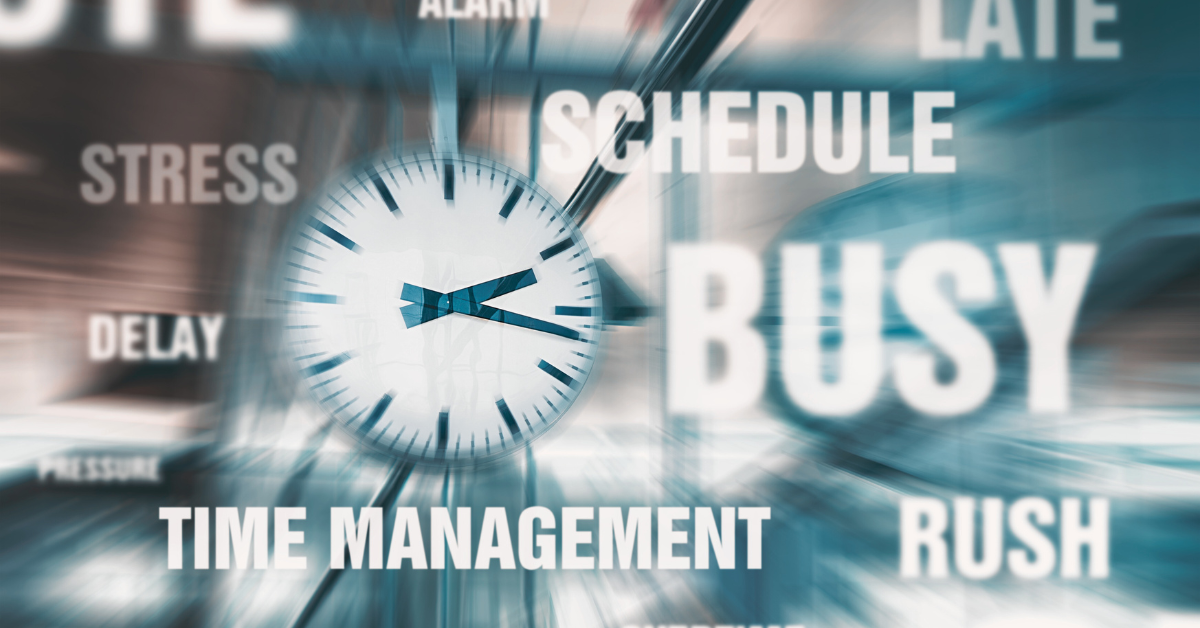
Working long hours and being extraordinarily busy has become a badge of honor in our society. The idea that success and fulfillment in life have a direct correlation to the time we invest in our labor permeates our culture. Of course a key reason for this thinking is due to the materialism that characterizes our values in America. We strive to get to the place where we don’t have to work so many hours, but we burn ourselves out in the process, only to discover that we are not fulfilled and need more so we double down and work even harder. Burnout and stress are everywhere.
What does the Bible say about the mindset of working harder and longer leading to success and fulfillment in life? While the Bible commends diligent workers and condemns laziness, it also teaches that our work ought to be done in alignment with God’s will and that overworking is holistically unhealthy and even sinful.
Let us take a look at a passage in Psalms that gives insights into how God wants us to view and execute our work.
Unless the Lord builds the house, they labor in vain who build it;
Unless the Lord guards the city, the watchman stays awake in vain.
It is vain for you to rise up early, to sit up late, to eat the bread of sorrows;
For so He gives His beloved sleep. – Psalm 127:1-2
At first glance the beginning of this passage may be confusing. Should we not build houses or guard cities? We all understand that a house is not getting built unless there are laborers. Watchmen, like law enforcement in our culture today, are needed to keep an eye on things. This passage is not implying that we fire homebuilders and the police force.
The key to understanding this passage is reorienting our minds to the idea that unless God is the source and energy behind our labor and activity, our efforts are futile and will lack God’s blessing, favor, and provision. We need to completely depend on God whether it is building a house, guarding a city, or any other type of work.
True success, security, and prosperity do not come from endless human toil and striving, but instead from God’s grace in enabling those who toil and strive. This is very different from how our society views success.
We also see in this passage a rebuke against anxiety, worry, and burning oneself out by overworking and not taking time to rest. There is a warning implied. We should never put our ultimate trust in our own abilities. Self-reliance is directly opposed to God-reliance.
The futility of excessive labor is clearly implied. Think of a person, maybe it is you, who rises early and toils into the late hours of the night, all in their own natural strength. They may even be doing a lot of good in what they do, but work has taken over their life. They are not depending on God or being guided by the Holy Spirit. Working excessively in our own strength is spiritually useless, and will not help the fruit that God desires for His people to bear.
“To eat the bread of sorrows” is a metaphor that reveals when we rely solely on our own labor and neglect dependence on God, that the food we eat is like “bread of sorrows”; it is joyless and filled with anxiety.
“For so he gives his beloved sleep” is a comparison to the weariness that comes from human striving. God gives the gift of peace and rest to those who are His beloved, that is those who trust and depend on Him and His provision.
The point of this passage is that continuous labor devoid from reliance on God will only lead to worry, sorrow, and weariness.
God invites us to humbly depend on Him. This includes both trusting in Him to provide for our needs and making sure that the work that we do is what He wants us to be doing.
Let us surrender our pride and stop trying to live in our own strength. Instead let’s entrust ourselves to the God who made us, knows us, and loves us. Let us remember that He has a plan and purpose for our lives that is knowable! If we will humbly depend on Him, He will give the precious gift of peaceful rest.
Written by Sam McKeen


